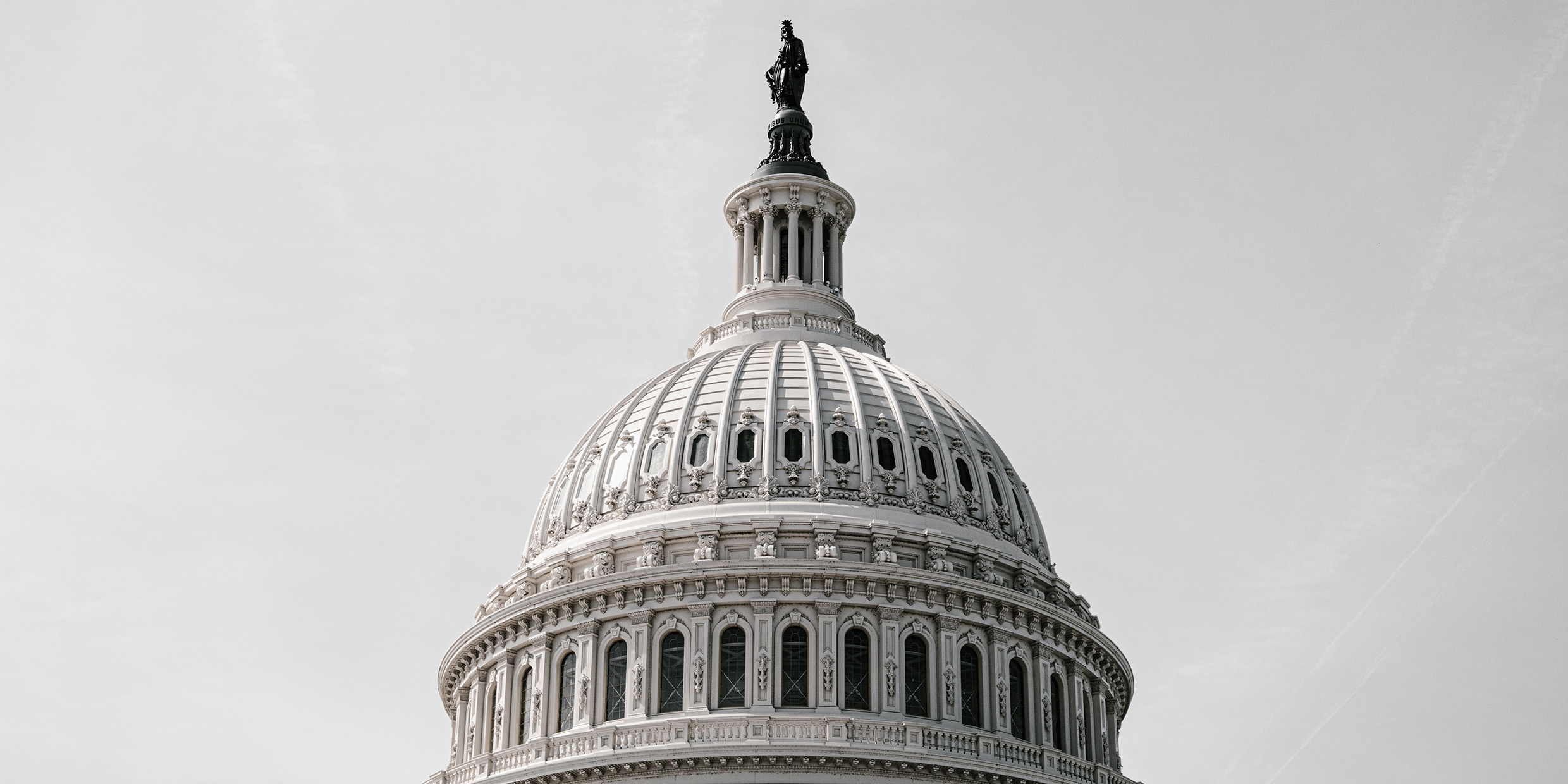Originally published 28 October 1991
After the turmoil and confusion that accompanied the confirmation of Clarence Thomas to the Supreme Court, you may not want to hear any more about Washington and sex. But there is another story that has been quietly unfolding — about Washington, sex, and science — that deserves a wider airing.
In late July [1991], Secretary Louis Sullivan of Health and Human Services, under pressure from conservative members of Congress, vetoed a planned 5‑year survey of teenagers’ sexual behavior. The purpose of the study was to help this country’s public health officials better understand patterns of sexual behavior that transmit the AIDS virus. The young people were to participate in the study only with parental consent.
The $18 million project, run by sociologists Ronald Rindfuss and Richard Udry at the University of North Carolina, passed every peer review at the National Institutes of Health. It was approved by NIH director Bernadine Healy and the assistant secretary of health. The initial money had been issued and the study begun before Sullivan intervened to cancel the program.
Many scientists are dismayed by what appears to be unprecedented political meddling. Charles Turner, who formerly directed AIDS studies for the National Academy of Sciences and the Institute of Medicine, is quoted in Science as saying, “We’re going to be less effective in preventing the spread of the epidemic; in short more people are going to die.”
Sullivan has not publicly discussed his decision, but a statement released by HHS said he believed the study “could inadvertently convey a message undermining [Sullivan’s] warnings about the dangers of promiscuous sex.”
That was just the beginning.
More studies cancelled
On September 12 the Senate transferred at least $7 million that had been targeted for the teen sex survey and another survey of adult sexual behavior from the National Institutes of Health to a “just say no” teen pregnancy prevention program known as the Adolescent Family Life program.
Less than a week later, social scientist Edward Laumann of the University of Chicago was told that the National Institutes of Child Health and Human Development (NICHD) was delaying funding for a third survey of Americans’ sexual behavior. Laumann’s study had received outstanding peer reviews, placing in in the top 2 percent of grants reviewed at the time. NICHD Deputy Director Wendy Baldwin was quoted in Science as having told Laumann that it would be “political suicide” to fund the study now.
Meanwhile, the nation’s public health officers have the task of combating the spread of an epidemic without adequate knowledge of the behavior patterns that contribute to the spread.
A recent survey of 1,000 young people in Dundee, Scotland, by psychologist Dominic Abrams of the University of Kent showed that a substantial majority believe they are “extremely unlikely” to be infected by the AIDS virus in the next five years, but also believe that half of their peer group will become infected. This curious blindness to risk is the kind of information that can help public health officials plan prevention campaigns.
Of even greater use would be information regarding frequency of sex, kinds of sexual activity, numbers of partners, and precautions taken to avoid infection. Until these things are known, public health officials are groping in the dark.
Some Americans, however, seem to believe that knowing what Americans do will somehow make them do things they shouldn’t.
Science and politics
It would be naive to suggest that government-funded science can be — or should be — fully insulated from politics. Certain matters of funding should only be considered within the context of the political process. For example, the funding of big-ticket programs such as the superconducting supercollider, fusion energy research, or the space station must be measured against other societal needs. Elected members Congress are better placed to make those decisions than any panel of scientists.
Similarly, the Department of Energy is now faced with the problem of cutting back basic scientific research to pay for cleaning up the environmental mess created by 40 years of nuclear weapons research and production, estimated to cost $100 billion over 30 years. Setting priorities in this matter is beyond the competence of normal scientific peer review.
It would also be naive to suggest that scientific research is morally neutral, and therefore exempt from political critique. Research related to the Strategic Defense Initiative (Star Wars), genetic engineering, and fetal research are examples of government-funded science which the governed have a right to review through their elected officials.
Having said all of this, I am still made uneasy by reports of the canceled sex surveys. Government agencies charged with the public good, such as the National Institutes of Health, must be allowed a generous measure of independence from politics if their scientific credibility is to be maintained. Political appointees charged with the administration of science-based agencies should intrude themselves into the peer review of funding proposals only with the greatest caution — and be prepared to offer substantive justification for their actions. A rationale like “could inadvertently convey a message” just doesn’t wash.
It is hard to imagine how a statistical study of the sex habits of young people will lead the youth of America astray. But it could help save their lives.



